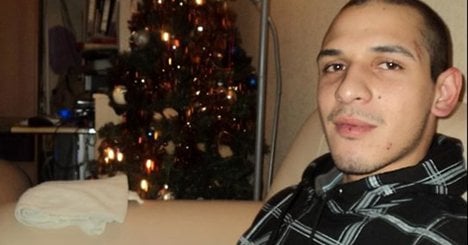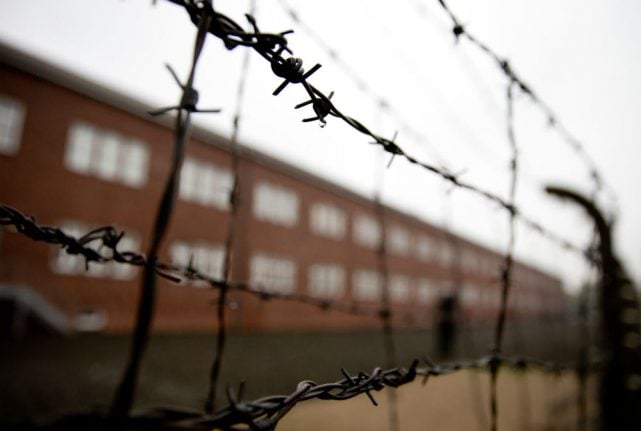Davi-Lionel Ehrsam was last seen on June 17th when he failed to return to his home in Clarens, a town at eastern end of Lake Geneva, after a day at work, cantonal police said.
Neither his parents nor his girlfriend have seen Ehrsam since that date, police said.
The police force on Thursday issued a public appeal for information about his whereabouts.
Ehrsam is described as of average build, 175 centimetres tall with short black hair and brown eyes.
He has a scar on one wrist and another one on the left side of his forehead, police said.
Ehrsam was last seen wearing jeans and a dark hooded jacket that could have been striped.
Anyone who has seen the man is asked to contact Montreux police at 021 644 44 44 or to contact the nearest Vaud cantonal police detachment.
The latest missing persons case for officers in the canton follows the heavily-publicized disappearance of six-year-old twins Alessia and Livia Scheppmore than 18 months ago.
The father of the girls, separated from their mother, picked them up from their St Sulpice home for a weekend visit on January 28th 2011.
A few days later the man committed suicide by jumping in front of a train in southern Italy.
Vaud police launched a massive hunt for the twins without success.
Their fate remains a mystery but officers continue to keep the file open and pictures of the couple remain on the home page of the police department’s website.



 Please whitelist us to continue reading.
Please whitelist us to continue reading.
Member comments